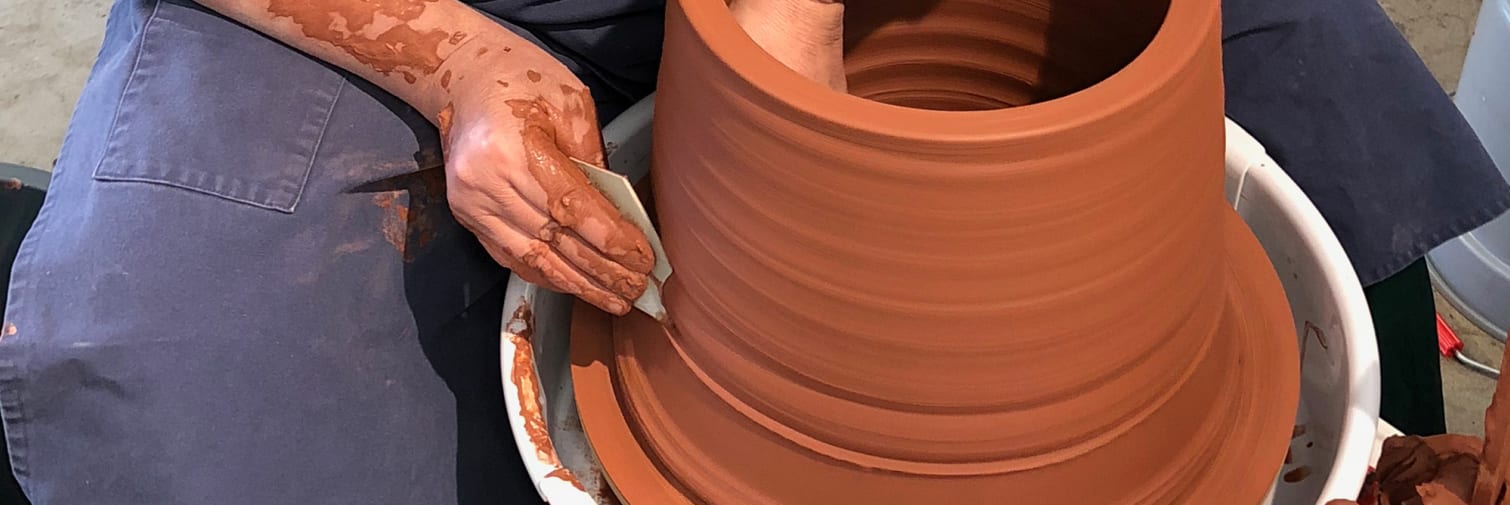CRAFT
Project duration: 1 September 2020 – 31 August 2023
Funded by: Erasmus+ Programme of the European Union under Grant Agreement No:2020-1-UK01-KA203-079249
Project summary
Expert Ceramic knowledge is fragmented across Europe, either concentrated in universities, research centres, museums or in areas of specialist industry knowledge such as Delft, Faenza, Stoke-on-Trent or Selb. We have witnessed the progressive decline of Ceramic Education within Higher Education due to factors such as cost of provision and declining applications. Moreover, this knowledge is often held by individuals within these institutions and is subject to many external pressures.
CRAFT, a Strategic Partnership, considers a cohesive and inter-disciplinary solution to the ever-widening issue of loss of intangible cultural heritage and knowledge. It also addresses the global, imperative concern in arts education of invaluable crafts and skills being lost due to lack of innovation and lack of a solid, established repository of knowledge. The project offers a tangible way forward, and enlists key players in the European ceramic field, to offer a specialised and complementary approach to bring together these fragmented practices, consolidating them into a range of forward-thinking pedagogical approaches.
Project team
- Anthony Quinn, Reader - Course Leader BA Ceramic Design
- Duncan Hooson, Reader - Stage 1 Leader BA Ceramic Design
- Katie Stephanie Harris, External Liaison Coordinator - Product Ceramic and Industrial Design
- Simon Fraser, Course Director MA Design Ceramics Jewellery furniture
- Amanda Dundas - Project Manager
Partners
- Academy of Arts, Architecture and Design in Prague, Czech Republic
- NOVA University Lisbon, Portugal
- Weißensee Academy of Art Berlin, Germany
- Oslo National Academy of the Arts, Norway
Project aims and objectives
- Mapping ceramic places, skills, process, technologies, intangible knowledge and training practices for making ceramics (O1)
- Developing pedagogical approaches and innovative teaching methods to teach ceramics to sustain the future of the subject (O2)
- Developing skills resources, offering repertoires of knowledge and practice for making ceramics (O3)
- Trialing new training materials & innovative pedagogies to support the training of teachers and practitioners through 3 joint staff training for consortium teachers/trainers/researchers and practitioners (C1-C3)
- Disseminating the project outcomes though 2 dissemination events (E1-E2)

